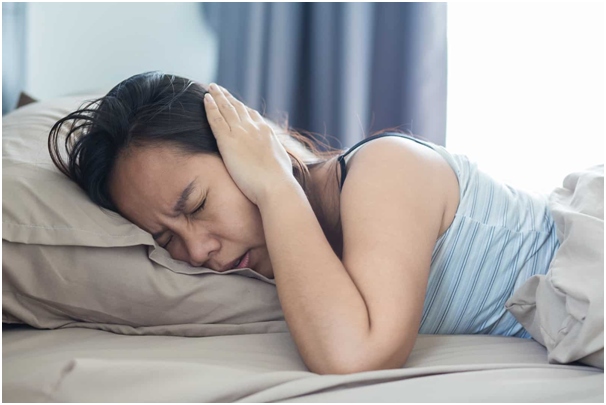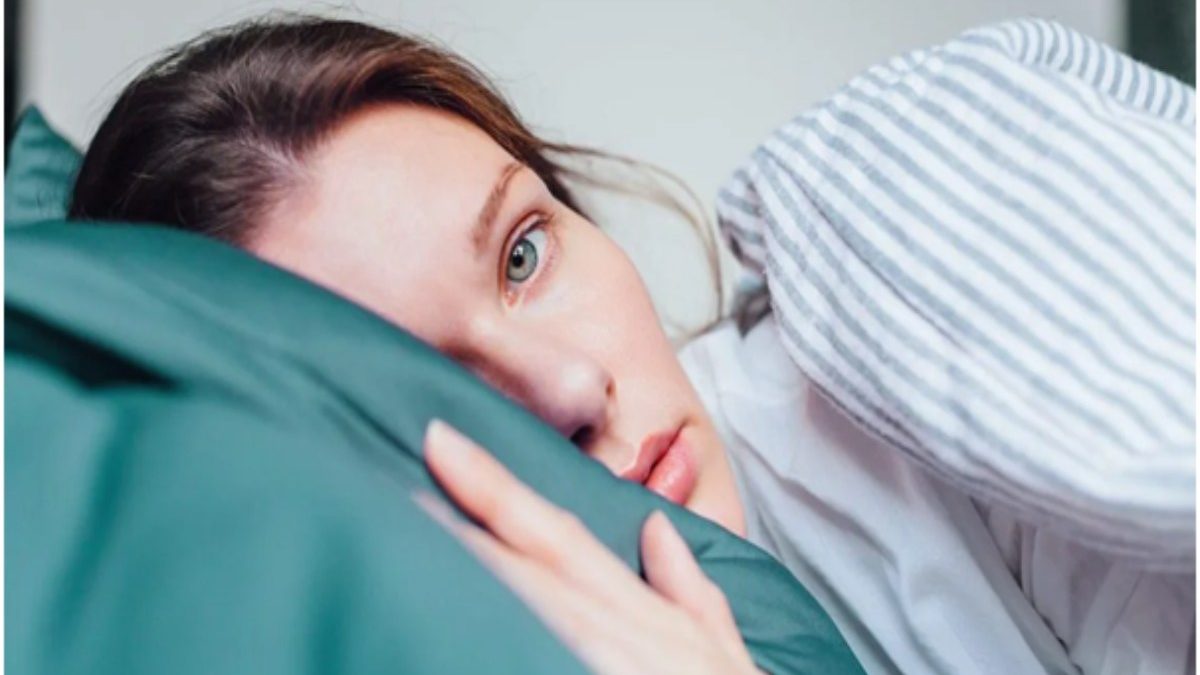The white noise machine has now entered the public domain with its myriad of health benefits, and it is a good idea to use it even when you sleep. White noises stimulate your brainwaves, help you get a good night’s sleep, and promote good sleep quality. It also helps reduce stress, and you can use it to treat certain physical or mental conditions. For example, the noise machine is excellent for treating anxiety and depression. Millions of people suffer from stress and need to find a way to cope with it every day. The noise machine is the perfect way to help them manage.
Noise pollution is also responsible for many problems such as sleep apnea and snoring. Many people have to live with the symptoms of these conditions every day without enjoying a better sleep pattern. They are also a leading cause of insomnia. This is because when we are awake, our brains are more active and are thus able to absorb more sound and therefore create louder sounds. However, they also need a periodic shutdown, and this is where noise pollution enters the picture. The sounds penetrate the ear and thus disrupt the sleep cycle. To get rid of sleep issues, one needs to sleep on proper size bed sheets, mattresses, etc. There are common bed sheet sizes and mattress sizes.
A sound impact meditation is a method used to make the most of sound in your environment to help you get the best nights’ sleep. It uses a particular “noise” made from white noise, and you can use it to calm yourself down during the naps. This can be done while still taking a nap or as soon as you wake up. The results are that you will get the most benefit out of your time, and the naps you take will not disrupt your day-to-day life. The nap effect only works for the short term, though, but if you use meditation regularly, it can help you find a solution to your stress and even reverse it.
Table of Contents
Different Ways Sound Impacts Your Sleep Cycle
There are probably several different ways you could describe the impact a sound has on your sleep. Some may be surprising, while others may make perfect sense. In the end, though, the effect your bedroom is made of can mean the difference between getting good sleep or not. Here are a few ways you can determine what impact sounds have on your sleeping cycle.

- There are several different ways how sound impacts your sleep cycle. Some of them might surprise you, and some may make perfect sense. Sound affects your sleep due to the change in the level of light. You might think that waking up every morning and being able to hear the sun’s rays hitting the walls of your room would mean that sound cannot possibly be an essential factor in your sleep, but this is not true.
- Other impacts on your sleep and dreaming include sounds that echo in your head. This is very common for those with sleep disorders, such as obstructive sleep apnea, where there is a stoppage of airflow through the mouth and nose due to a blockage in the airways. These sounds can come from outside sources as well as inside. They can make you awake, but they can also put you to sleep.
- Another way how sound impacts your sleep cycle involves the time of day. When you are sound asleep, you do not go to sleep at a fixed hour. Your actual time of rest is dependent upon many factors, including your circadian rhythm. The length of time you are awake affects how sound you are when you wake up. This is one of the most common reasons why people have trouble getting to sleep at night.
Other Factors Impacting The Sleep
- The amount of light in your bedroom also significantly impacts the quality of sound that you will experience while you are sound asleep. It might be a good idea for you to turn the lights down low. If it is dark out, you might not be able to see any shapes in the ceiling, which could lead to your hearing sounds that other people might not hear.
- One last thing to consider is the position in which you sleep. Are you lying on your back, or are you sleeping on your side? This might impact the sound that you are hearing. When your head is aligned with the Earth, your brain will have a more unobstructed pathway. Your chances of being able to listen to things better increase. The way you position yourself in the bedroom also has an impact. Do you lie flat on your back, or do you lay on your side? There are differences here in terms of the effect that sound has on your body. When you lie flat on your back, you have the most significant amount of sound reverberating through your body. When you lay on your side, the sound waves are more dispersed throughout your body.
- The quality of the mattress and bed sheets also impacts the quality of sleep. A wise man always sleeps in quality bed sheets and compares the sateen sheets vs. percale as they are popular.
Conclusion
Knowing these different ways how sound impacts your sleep is vital for those that want to get a good night’s rest. You must make sure you have your bedroom set up to be conducive to sleeping. It would help if you had a quiet, soothing environment. You should also make sure you are getting enough sleep. Make sure that you do everything you need to do to help you get the rest you want. When you take the proper precautions and put these different ways of thinking into play, you will find you can get the sleep you need.

